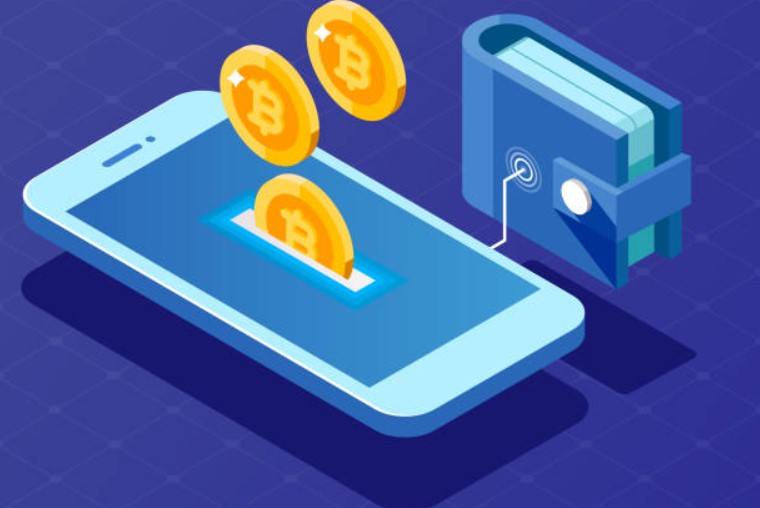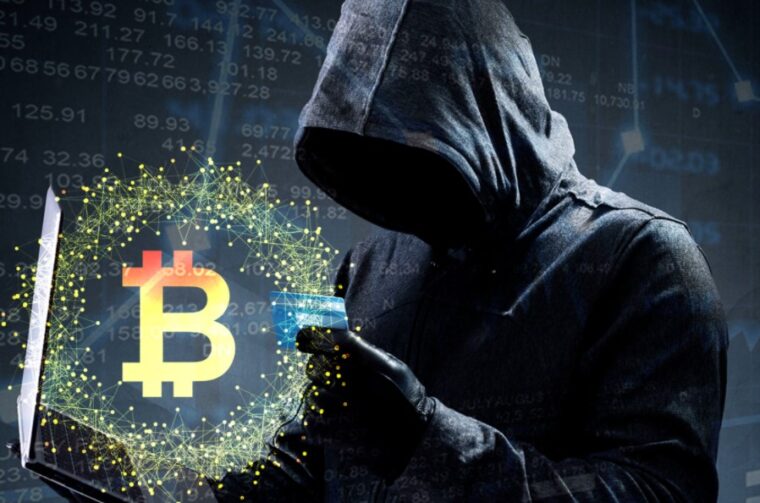Cryptocurrencies were promised to change the way we do business and think about money. As a type of bridge between the IT and financial industries, these digital commodities are well over a decade old but they are still in the early stages of their dominance.
The future looks bright and they have a lot of positives, but people still lack enough information about their core functions. What makes them so appealing? Why are they so different that the money we know and can physically touch?
Is there actually any benefit of using cryptos and investing in them over some other commodities? Most of these questions are important, but definitely not simple to answer. What can be explained fairly straightforward though is one of the biggest advantages they have over traditional currencies like dollars and euros, the fact that their transactions are almost impossible to trace.
The Untraceable Nature of Cryptos

In this article, we are going to talk about crypto transactions and what makes them tick. More importantly, we discuss perhaps the biggest benefit of using crypto over fiat money, the anonymity and traceability of transactions. Can a crypto transaction be traced, and if so, who traces it?
If not, why not and how come something like this is possible? Read on to learn more about this particularly if you are interested in one day investing in a crypto and trading it for profit. The industry is still quite young and developing and there is no time like the present to become a part of it.
Before you can do that, however, it would be good to know more about the whole market, the industry, and the cryptos themselves. Educating and informing yourself on as many sides of the complete picture is the only way to be good at trading and investing. It can never hurt to get more information on the subject so make sure you do so.
The Reality of Traceability

Right off the bat, we need to bust a myth about the two core benefits of making transactions with cryptocurrencies. When someone says that transactions are anonymous, that does not mean they are completely hidden from the world and that nobody knows who has made them. The transactions are still visible on the blockchain ledger, but there are no personal details there. This is the part that remains anonymous.
However, the electrical wallet users store their assets in are still tied to their names somewhere. They are using special keys to access them and to complete new transactions, but their personal info is still needed somewhere along the way. Complete anonymity is not really possible, but crypto is so much better than using other currencies because it is much more private.
But what about the tracing, we hear you ask. Can a transaction be traced back to a name or an address? Basically, all about the advantages of crypto and how traceable the activities are can be answered by the fact that hackers are some of the biggest cryptocurrency enthusiasts.
For them, it is all about staying anonymous and never being traced. What this means for regular people is that the transactions are as untraceable as some commodities can be. Actually linking a wallet address to a user’s name or even an IP address is possible, but it is extremely hard and makes no sense.
The likelihood of finding illegal activity will increase over time as law enforcement starts hiring crypto experts and as new verification regulations and laws come into effect, but crypto will always better when it comes to staying private, anonymous, and not being traced.
What Makes Cryptos Untraceable and Anonymous

The main reason why digital currencies are considered to be more private than using regular money we are accustomed to is the lack of a central governing body. For national currencies, the governments and central banks control the printing, the flow, and the regulations of the money. To make things even less free and private, each transaction requires the users to fill in their personal and financial information.
Just think about buying something online or at the store. Your credit card has your name on it. Opening bank accounts is borderline intrusive when you think about how much information they ask of you.
From your address and employer information to your nationality, age, telephone number(s). The bank you have an account in knows all of your personal details and tracks all of the money you spend. Every single transaction, no matter how small, is documented and kept track of.
Things are not like this with cryptos because it takes a lot of high-end hacking work to trace transactions to a name or an address. Even if someone manages to do so, nobody guarantees that it is the real name or the real address of the user in question. When a transaction takes place in the crypto world, the only people involved are the two sides doing the business. The seller is on one side, the buyer on the other.
That is it. Nobody as a mediator, nobody to impose laws and regulations, and most importantly, nobody that takes a significant cut (on a large scale) of every single transaction just because they allow the service. Banks are more and more expensive in terms of their fees. Nothing comes free anymore, not even having an idle account. Even closing an account may result in fees.
The lack of such a strict oversight on crypto means that nobody knows what you are doing, what you are buying, or even how much you have. There is a ledger of transactions and wallets available for everyone to see as it is transparent and fair.
However, it is not possible to know who is behind a random string of letters and words that make up a certain electronic wallet address. All in all, crypto transactions are as untraceable and anonymous as they can be, immeasurably more so than fiat (traditional) currencies that are USD, EUR, GBP, and the rest of them.
